
An expert discusses the consequences of cisplatin-induced hearing loss and ongoing research efforts to eliminate this associated risk for children receiving the treatment.

An expert discusses the consequences of cisplatin-induced hearing loss and ongoing research efforts to eliminate this associated risk for children receiving the treatment.

The FDA have granted an accelerated approval to acimibinib, which treats CML by binding to the ABL myristoyl pocket.


Standard guidelines that determine who should undergo genetic testing may result in some cases falling through the cracks, according to recent research.

It is imperative that patients diagnosed with blood cancer undergo the proper molecular testing, one expert says.

With the emergence of several targeted treatments that have shown efficacy in individuals with germline pathogenic variants, specifically in DNA mismatch repair, the need for germline genetic testing has become even more pronounced.

Nurses play a key role in ensuring that patients with gynecologic cancer understand the results and implications of genetic testing.

The FDA has approved Guardant360® CDx for comprehensive genomic profiling in patients with any solid malignant cancer.

Genetic testing is more important now than ever before, as biomarker-driven cancer treatments continue to receive approval across many tumor types. While these personalized treatments are improving outcomes, navigating the landscape of genetic testing can leave patients with questions for their providers.

Given the recent use of genes to determine prognosis and treatment decisions in the field of hematology, it is important for providers to collaborate with geneticists.

Getting an accurate family history can be one of the most challenging things that nurses face, according to Suzanne Mahon, DNSc, a clinical nurse specialist at SLUCare physician group, St Louis, Missouri.

As genetics in cancer care grows, so will the role of the oncology nurse.
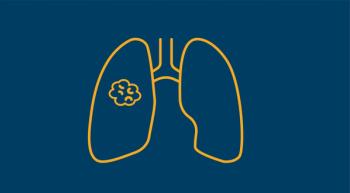
A recent survey highlights the multiple barriers to molecular testing in lung cancer, and solutions to overcome them.


Some patients with breast cancer might be apprehensive to undergo genetic testing, but it is crucial both for them and their family members. Lauren Carcas, MD, medical oncologist at the Miami Cancer Institute, discusses some main points nurses can make to these patients to encourage them to get tested.
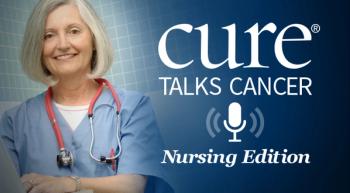

The results of genetic testing could change a patient's treatment regimen.

The presence of the proteins p16 and p21 has shown to be predictive of treatment response in patients with osteosarcoma, a disease that previously had no identified biomarkers to indicate whether or not patients would benefit from therapy, explained C. Parker Gibbs, MD.
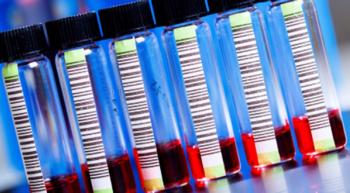
Not all patients with advanced non–small cell lung cancer (NSCLC) are recommended for genomic testing when treated in a community setting, and are therefore not being appropriately tested for potential molecular drivers of their disease, explained Nathan Pennell, MD, PhD.
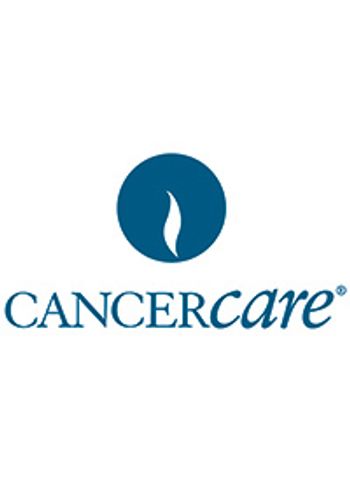
People with genetic mutations are often confronted with an abundance of screening protocols that can be overwhelming.

Two new single agents led to brain penetrance and 2-hydroxyglutarate (2-HG) suppression in patients with low-grade glioma who harbor IDH1 mutations, according to updated findings.
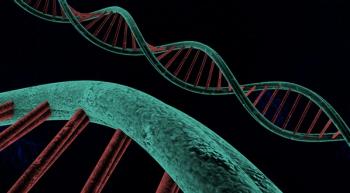
With the help of NGS, new research is emerging for targeted therapies of rare mutations in lung cancer.

To extend the quality of life for patients with osteosarcoma, researchers are looking for ways to identify before chemo whether or not they need that treatment.

Wnt emerges as an exciting and favorable pathway for the treatment of patients with CRC.

New therapeutic options are emerging for patients with Lung cancer positive for ALK or ROS1.

Genetic testing in cancer care is a relatively new element of the field, but some experts are looking to it to help prevent and understand prostate cancer in racially diverse populations.

Patients with the highest risk of developing a BRCA mutation are not being tested earlier enough and developing these mutations when it's too late. Clinicians can change that.

A closer look at the genealogy of Utah's founders provided one expert with a data mine to help combat lung cancer.

Patients with a higher likelihood to develop BRCA 1 or BRCA 2 mutations are slipping through the cracks, making testing for these mutations a vital part of any breast cancer treatment plan.

Results from the randomized phase 3 POLO trial are in, and the quality of life data shows promise for patients with metastatic pancreatic cancer who harbor a germline BRCA gene mutation.